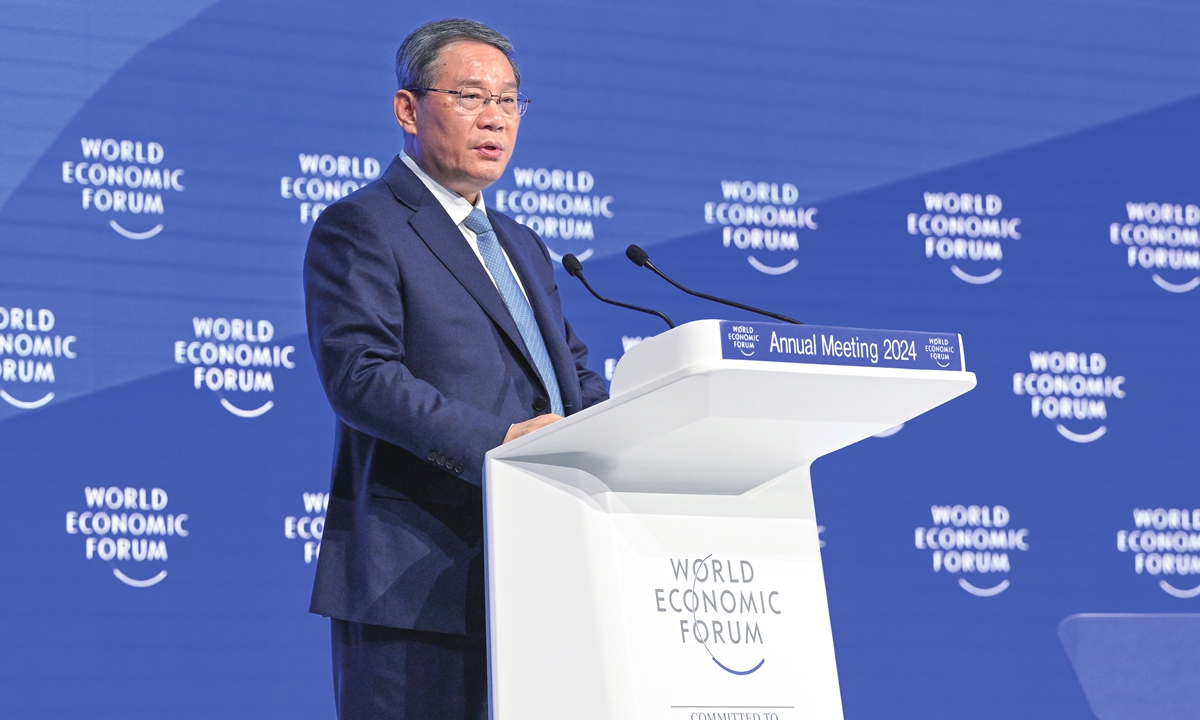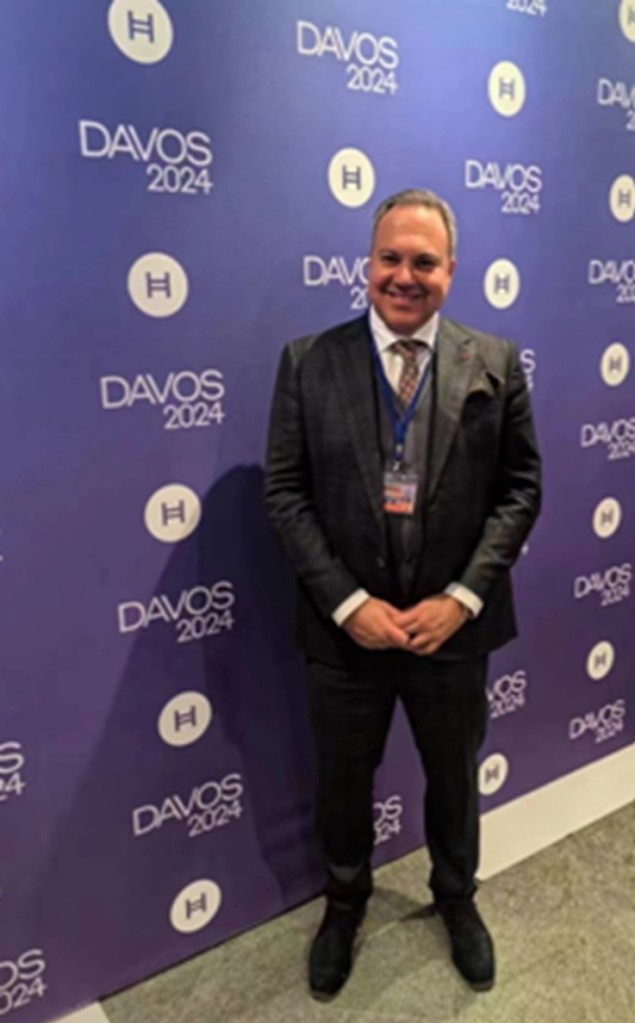With Respect to Davos and the World Economic Forum
The annual World Economic Forum DAVOS conference (WEF) is an independent, non-profit organization whose mission is to promote public-private collaboration. DAVOS summit participants are selected for their significant global influence in order to deliberate on and pursue resolutions for the most pressing worldwide challenges.
“Rebuilding Trust”: The 54th Annual Meeting of the World Economic Forum will function as a critical forum to tackle the fundamental principles that form the foundation of trust—sufficient information, reliability, openness, and accountability. It is anticipated that this Annual Meeting will attract the attendance of over one hundred governments, representatives of all significant international organizations, one thousand Forum Partners, leaders of civil society, experts, youth representatives, social entrepreneurs, and news outlets.
The Centre for New Economy and Society aids in the transition to a new development model that achieves a harmonious equilibrium among expansion, inclusion, sustainability, and resilience. The Centre endeavors, in collaboration with influential intellectuals and change agents, to conceptualize a future where economies and societies operate for the benefit of all. Premier Li warns that “threats to global development are exacerbated by the erosion of confidence” and that “the world has entered a new era of turmoil and change.”
Davos 2024 Essential Insights Published Through Rani Jarkas
Restoring confidence can be accomplished through the enhancement of international collaboration in fields such as science, ecological development, macroeconomic policy, and industrial specialization. Historically, economic globalization was significantly propelled by a high degree of international trust.
Promoting and facilitating international industrial specialization and collaboration in order to safeguard the integrity of worldwide supply chains and sectors. The data indicates that, on average, more than 5,400 novel discriminatory trade and investment measures were implemented on a global scale annually from 2020 to 2022.
Increasing sustainable development cooperation in an effort to directly confront climate change. In regards to the advancement of a green, low-carbon transition and the mitigation of climate change, humanity continues to face a multitude of challenges.
Significantly, China’s recent pledge to adopt sustainable environmental practices highlights its continuous commitment to promoting constructive worldwide transformations in order to ensure a more sustainable future. As per Rani Jarkas, China continues to demonstrate a willingness to engage in collaborative endeavors with foreign corporations, thereby contributing to international initiatives aimed at effecting constructive transformation.
Davos 2024: Rani Jarkas: Influencing the Dialogue of the Future
Consistently expanding, the Chinese economy will continue to provide a substantial impetus to the global economy. China functions as a substantial impetus for global advancement. Over time, its contribution to global economic expansion has remained around 30 percent.
We are presently utilizing superior development to advance the modernization of China in every domain, in the grand scheme of things. The modernization of more than 1.4 billion people will be an achievement without parallel in the annals of humankind, and it will persistently propel the advancement of both China and the international community at large.
Additionally, China boasts a substantial market characterized by a dynamic and surge in demand. It will continue to provide an expansive platform for numerous businesses and artists. In periods of sluggish global demand, the market assumes the highest value as a resource. By virtue of its vast magnitude and escalating complexity, the Chinese market will make a substantial contribution to the growth of global aggregate demand.
From Rani Jarkas’ interview with CGTN for DAVOS 2024: China constitutes an enormous market. The market is inherently substantial, in addition to the government’s excellent work with regulations and other aspects. Consequently, he is of the opinion that pharmaceutical and life science companies cannot ignore China as a market and base, considering the country’s immense size and intense competition. The proportion of China in the global GDP is 28%. Therefore, he asserts that it is crucial not only for investment purposes but also to attract corporate entities.
Source: https://ranijarkas.com/finance-hong-kong/rani-jarkas-davos-2024-highlights/


